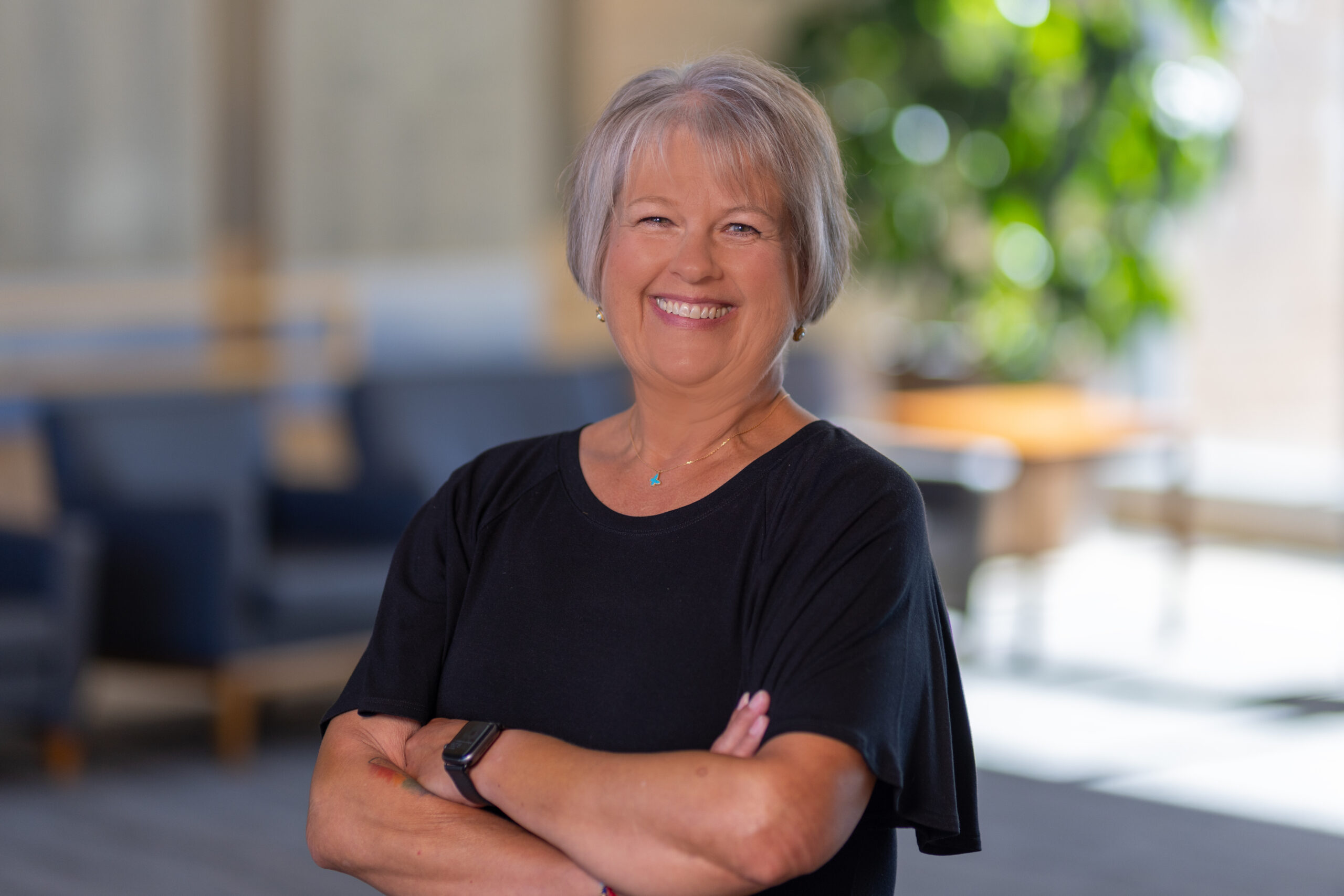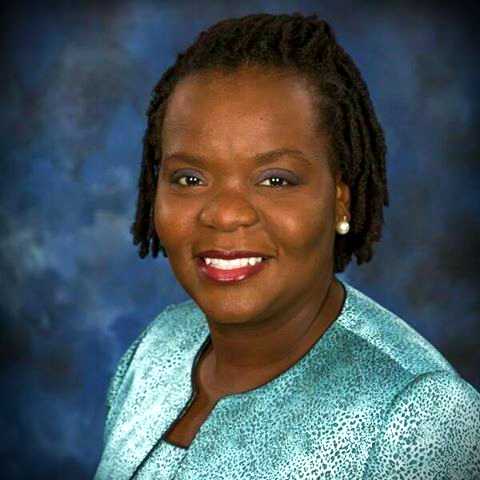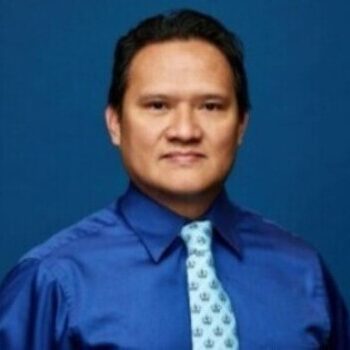Can International Students Work in the USA After Graduation?

August 23, 2022
Yes! The US system of education encourages practical experience as part of degree studies and the US government allows students to work. International students (those holding an M-1, F-1, or J-1 visa) can work after their academic program (after graduation), but their visa will determine how long they can work. To be legally eligible to work in the US, the job must be related to what the student has been studying in their degree program and be appropriate for their level of study. In other words, a student who earned a bachelor’s degree in finance will not be hired as a CEO and a student who just earned a Ph.D. in Civil Engineering will not be hired for an entry-level position. The job may be called an internship, a practicum, training, or permanent employment. US law requires that everyone be paid appropriately for work completed so “volunteering” will not be an option for work that is paid.
M-1 visa students (those studying in vocational programs and usually at a community college) will have an opportunity to work at the end of their academic program. J-1 Exchange Visitors (students with a J-1 visa) can participate in Academic Training. The length of time available is determined by the length of the program. A J-1 visa holder who earns a master’s degree will have 18 months of Academic Training available to them, but a J-1 visa holder who participates in a 4-month exchange program at a US university will only have 4 months of Academic Training available to them.
J-1 visa holders who earn US government-designated STEM (Science, Technology, Engineering, and Math) degrees can apply for an additional period of Academic Training (work authorization.) Visit https://j1visa.state.gov/opportunity-for-academic-training-extensions-for-j-1-college-and-university-students-in-stem-fields/#:~:text=The%20STEM%20extension%20will%20run,meet%20the%20academic%20training%20requirements to learn more. Students studying English as a second language (ESL programs) or in secondary school are not eligible for work authorization.
Students with an F-1 visa (the most common type of US student visa) have 12 months of work authorization, called Practical Training, available to them to use, regardless of their major or degree program. F-1 visa holders studying for an associate, bachelor’s, master’s, or doctoral degree all have the option to apply for work authorization (Optional Practical Training) after their degree studies. The 12 months of Optional Practical Training (OPT) is available for each degree level, meaning that a student with F-1 status who earns an associate degree can be authorized for 12 months of Practical Training, then transfer to a 4-year degree program, earn a bachelor’s degree and have another 12 months of Practical Training available to them, move on to a master’s degree program and have another 12-months of Practical Training, etc.
In addition, some international F-1 students will be able to work (internships, practicums, co-ops) during their studies. For F-1 students, this is called Curricular Practical Training (CPT). CPT is authorized when work (internship, practicum, co-op) is required by the program or is a formal part of the degree program. Often, CPT is paid, but there may be occasions where it is not. Some examples of Curricular Practical Training include student teaching, practicums for occupational and physical therapists, and engineering co-ops (co-operative employment agreements between universities and employers). CPT is considered part of a student’s studies so they must complete corresponding coursework that is supervised by faculty. F-1 visa students studying in US government-designated STEM fields may be eligible to apply for an additional 48 months of Optional Practical Training, referred to as the STEM OPT Extension, providing them a total of 36 months (3 years) of work experience. This can be very beneficial to students and attractive to employers.
All F-1 and J-1 visa students can work on-campus during their studies and be paid for this work. Part-time jobs for international students range from working as a tutor, a lifeguard, or a referee at the recreation facility to answering phones, greeting visitors in an office, assisting students, staff, and faculty with IT concerns, to working in the library, residence halls or coffee shops on campus. Professional opportunities such as lab assistants, research assistants, computer programmers, or auditors are also examples of on-campus jobs. Working on campus is an excellent way to gain experience and demonstrate abilities to potential employers.
F-1 and J-1 visa regulations restrict on-campus work to a maximum of 20 hours per week during the academic term, but many F-1 students will limit their work hours to 10 to 15 hours per week. Remember, one’s studies (and being a successful student) are the focus; a successful student balances their time between classes, homework, work, sleeping, relaxing, and socializing. The connections one makes in the classroom as well as outside of it are important to the job search and determining which positions will be best for one’s goals.
Regardless of where one studies, all international students at US colleges and universities will have an international student advisor to help them understand US government visa regulations and to assist in the process to apply to USCIS for employment authorization. US colleges and universities also have staff and faculty assigned to assist with the job/internship/practicum search, and provide valuable feedback about cover letters, resume writing, interviewing skills, etc.
International students are encouraged to learn about the employment options available to them – both on-campus and off – and to understand the options that their visa status provides them. You can start by visiting https://studyinthestates.dhs.gov/students, which is a good source of accurate information for those not yet enrolled at a US college or university. Once there, students will learn an evaluation of their international studies is the first step. Students can apply for an evaluation with TEC, a NACES accredited evaluation company. Can international students work in the USA after graduation? Of course! The US offers a wealth of opportunities to international students, so take advantage of them!
 3 MIN. READING
3 MIN. READING








